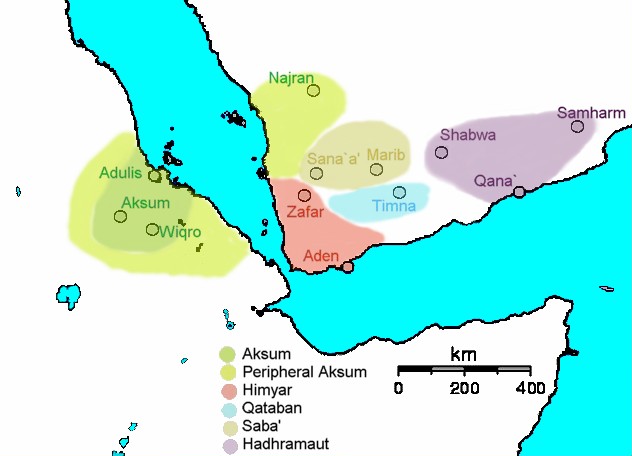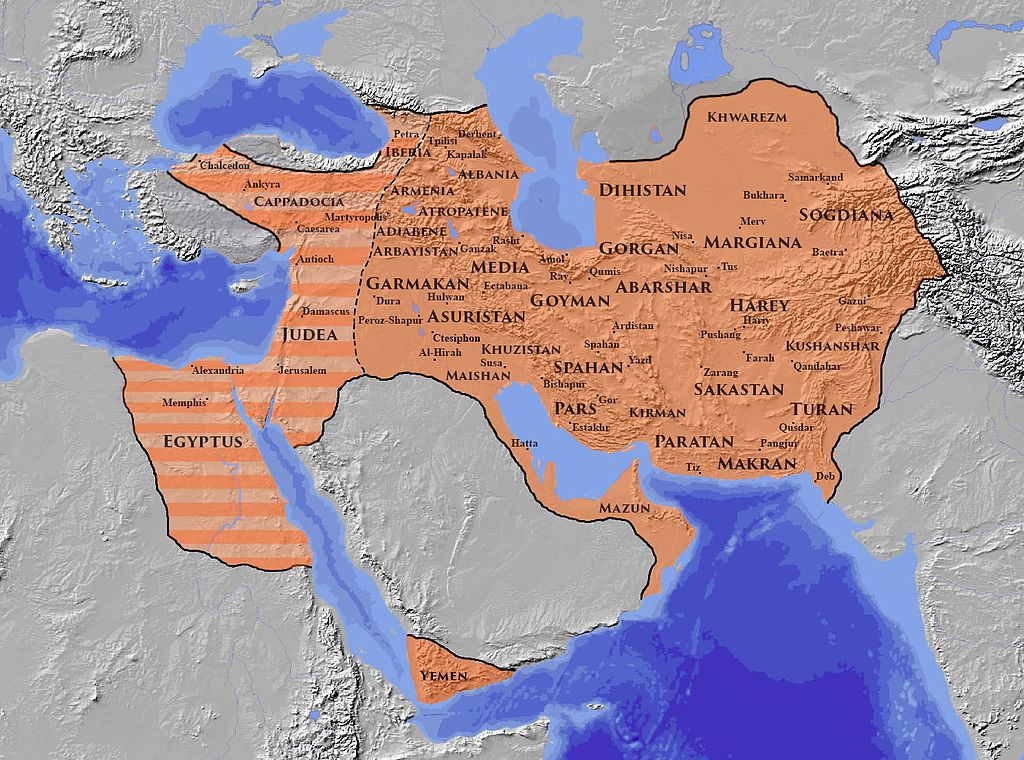Salam, Thanks for the response, so basically you know very little about Jesus pbuh, who he played with, where he was schooled, who his brothers and sisters were. What problems he faced as a child, what his pastimes were, where he liked to go and play, who is favourite Aunt and Uncle was, who his cousins were. This boy who according to your beliefs, was 100% God walked on Earth, and you know very little about his childhood, his teen years, or his twenties. Even the account given by non eyewitness Luke contradicts the infancy narrative found in non eyewitness Matthew's account.Doctor Luke said:
Christ’s Birth Announced to Mary
26 Now in the sixth month the angel Gabriel was sent by God to a city of Galilee named Nazareth, 27 to a virgin betrothed to a man whose name was Joseph, of the house of David. The virgin’s name was Mary. 28 And having come in, the angel said to her, “Rejoice, highly favored one, the Lord is with you; blessed are you among women!” [fn3]
29 But when she saw him, [fn4] she was troubled at his saying, and considered what manner of greeting this was. 30 Then the angel said to her, “Do not be afraid, Mary, for you have found favor with God. 31 And behold, you will conceive in your womb and bring forth a Son, and shall call His name JESUS. 32 He will be great, and will be called the Son of the Highest; and the Lord God will give Him the throne of His father David. 33 And He will reign over the house of Jacob forever, and of His kingdom there will be no end.”
Chap 2
Christ Born of Mary
(Matt. 1:18–25 )
1 And it came to pass in those days that a decree went out from Caesar Augustus that all the world should be registered. 2 This census first took place while Quirinius was governing Syria. 3 So all went to be registered, everyone to his own city.
4 Joseph also went up from Galilee, out of the city of Nazareth, into Judea, to the city of David, which is called Bethlehem, because he was of the house and lineage of David, 5 to be registered with Mary, his betrothed wife, [fn1] who was with child. 6So it was, that while they were there, the days were completed for her to be delivered. 7 And she brought forth her firstborn Son, and wrapped Him in swaddling cloths, and laid Him in a manger, because there was no room for them in the inn.
Glory in the Highest
8 Now there were in the same country shepherds living out in the fields, keeping watch over their flock by night. 9 And behold, [fn2] an angel of the Lord stood before them, and the glory of the Lord shone around them, and they were greatly afraid. 10Then the angel said to them, “Do not be afraid, for behold, I bring you good tidings of great joy which will be to all people. 11 For there is born to you this day in the city of David a Savior, who is Christ the Lord. 12 And this will be the sign to you: You will find a Babe wrapped in swaddling cloths, lying in a manger.”
13 And suddenly there was with the angel a multitude of the heavenly host praising God and saying:
14 “Glory to God in the highest,
And on earth peace, goodwill toward men!” [fn3]
15 So it was, when the angels had gone away from them into heaven, that the shepherds said to one another, “Let us now go to Bethlehem and see this thing that has come to pass, which the Lord has made known to us.” 16 And they came with haste and found Mary and Joseph, and the Babe lying in a manger. 17 Now when they had seen Him, they made widely [fn4] known the saying which was told them concerning this Child. 18 And all those who heard it marveled at those things which were told them by the shepherds. 19 But Mary kept all these things and pondered them in her heart. 20 Then the shepherds returned, glorifying and praising God for all the things that they had heard and seen, as it was told them.
Circumcision of Jesus
21 And when eight days were completed for the circumcision of the Child, [fn5]His name was called JESUS, the name given by the angel before He was conceived in the womb.
Jesus Presented in the Temple
22 Now when the days of her purification according to the law of Moses were completed, they brought Him to Jerusalem to present Him to the Lord 23 (as it is written in the law of the Lord, “Every male who opens the womb shall be called holy to the LORD” ), [fn6] 24 and to offer a sacrifice according to what is said in the law of the Lord, “A pair of turtledoves or two young pigeons.” [fn7]
Simeon Sees God’s Salvation
25 And behold, there was a man in Jerusalem whose name was Simeon, and this man was just and devout, waiting for the Consolation of Israel, and the Holy Spirit was upon him. 26 And it had been revealed to him by the Holy Spirit that he would not see death before he had seen the Lord’s Christ. 27 So he came by the Spirit into the temple. And when the parents brought in the Child Jesus, to do for Him according to the custom of the law, 28 he took Him up in his arms and blessed God and said:
29 “Lord, now You are letting Your servant depart in peace,
According to Your word;
30 For my eyes have seen Your salvation
31 Which You have prepared before the face of all peoples,
32 A light to bring revelation to the Gentiles,
And the glory of Your people Israel.”
33 And Joseph and His mother [fn8] marveled at those things which were spoken of Him. 34 Then Simeon blessed them, and said to Mary His mother, “Behold, this Child is destined for the fall and rising of many in Israel, and for a sign which will be spoken against 35 (yes, a sword will pierce through your own soul also), that the thoughts of many hearts may be revealed.”
Anna Bears Witness to the Redeemer
36 Now there was one, Anna, a prophetess, the daughter of Phanuel, of the tribe of Asher. She was of a great age, and had lived with a husband seven years from her virginity; 37 and this woman was a widow of about eighty-four years, [fn9]who did not depart from the temple, but served God with fastings and prayers night and day. 38 And coming in that instant she gave thanks to the Lord, [fn10] and spoke of Him to all those who looked for redemption in Jerusalem.
The Family Returns to Nazareth
39 So when they had performed all things according to the law of the Lord, they returned to Galilee, to their own city, Nazareth. 40 And the Child grew and became strong in spirit, [fn11] filled with wisdom; and the grace of God was upon Him.
The Boy Jesus Amazes the Scholars
41 His parents went to Jerusalem every year at the Feast of the Passover.42 And when He was twelve years old, they went up to Jerusalem according to the custom of the feast. 43 When they had finished the days, as they returned, the Boy Jesus lingered behind in Jerusalem. And Joseph and His mother [fn12] did not know it;44but supposing Him to have been in the company, they went a day’s journey, and sought Him among their relatives and acquaintances. 45 So when they did not find Him, they returned to Jerusalem, seeking Him. 46 Now so it was that after three days they found Him in the temple, sitting in the midst of the teachers, both listening to them and asking them questions. 47 And all who heard Him were astonished at His understanding and answers. 48 So when they saw Him, they were amazed; and His mother said to Him, “Son, why have You done this to us? Look, Your father and I have sought You anxiously.”
49 And He said to them, “Why did you seek Me? Did you not know that I must be about My Father’s business?” 50 But they did not understand the statement which He spoke to them.
Jesus Advances in Wisdom and Favor
51 Then He went down with them and came to Nazareth, and was subject to them, but His mother kept all these things in her heart. 52 And Jesus increased in wisdom and stature, and in favor with God and men.
Why then can you claim he did not speak from the cradle, make clay birds, and blew life into them? It seems perfectly plausible to me, especially given the information is also recorded in the Qur'an, which is GOD's Word. I'm sure you would agree, GOD knows what the first words spoken by Jesus pbuh were.
If Muhammad pbuh heard these accounts from Romans as you point out, then why is there no mention of this from the hundreds and thousands of accounts we have of him, the vast majority 95% being hostile accounts. Furthermore if these infancy gospels were so widespread and known about, then why have Christians mocked Muslims prior to the discovery of the Nag Hamadi Library in 1945 as reporting accounts that did not exist anywhere else.
I see no records of early Christians, (8th & 9th Century) engaged in dialogue with Muslims ever bringing up the issue of clay birds or Jesus pbuh speaking from the cradle, why is this when they are happy to challenge the concept of Tawheed, (Oneness of GOD found in the Qur'an) and issues about Jesus' alleged Divinity.
Upvote
0


